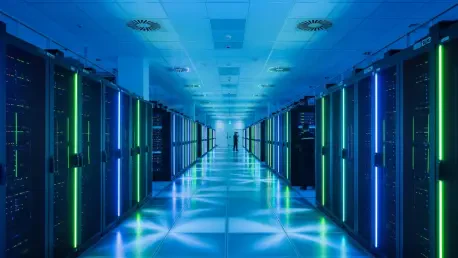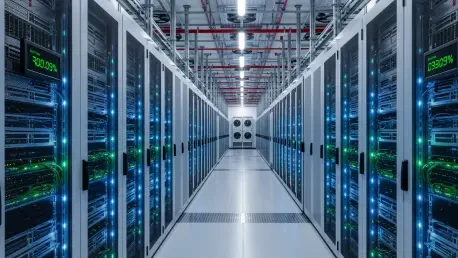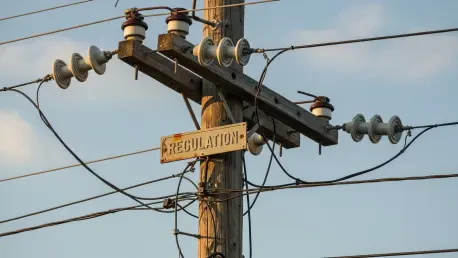
With a career centered on the complex web of global trade agreements and compliance, Desiree Sainthrope has a unique vantage point on the intersection of big-money projects and international politics. Her expertise in intellectual property and the legal ramifications of emerging technologies like

A Tale of Two Pariahs Gauging the Future of US Oil Investment In the complex world of global energy, pragmatism often outweighs politics. For decades, both Iran and Venezuela have been off-limits to American oil companies, isolated by stringent sanctions and geopolitical hostility. Yet, if the

The silent hum of servers powering the artificial intelligence revolution has grown into a roar on the monthly utility bills of millions of Americans, creating a political firestorm that the Trump administration is now attempting to quell with a bold and controversial market intervention. This

The digital revolution, powered by artificial intelligence and electric vehicles, is demanding more electricity than ever before, yet the nation's ability to generate and deliver that power is being throttled by a political system seemingly incapable of keeping pace. As data centers and advanced

The Precarious Path to Reopening America's Skies The recent, widespread disruption to air travel across the United States has exposed a critical vulnerability in the nation's infrastructure: its absolute dependence on a fully staffed and operational corps of air traffic controllers. As the federal

As Korea stands at the forefront of technological innovation, major conglomerates are pouring unprecedented investments into AI, semiconductors, and other cutting-edge sectors. Yet, the nation faces significant hurdles in the form of outdated regulations and bureaucratic delays. Today, we’re